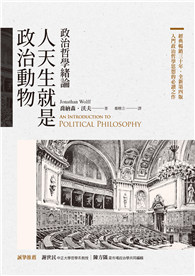Tomás Halík provides a poignant reflection on Christianity’s crisis of faith while offering a vision of the self-reflection, love, and growth necessary for the church to overcome and build a deeper and more mature faith.
In a world transformed by secularization and globalization, torn by stark political and social distrust, and ravaged by war and pandemic, Christians are facing a crisis of faith. In The Afternoon of Christianity, Tomás Halík reflects on past and present challenges confronting Christian faith, drawing together strands from the Bible, historic Christian theology, philosophy, psychology, and classic literature. In the process, he reveals the current crisis as a crossroads: one road leads toward division and irrelevance, while the other provides the opportunity to develop a deeper, more credible, and mature form of church, theology, and spirituality--an afternoon epoch of Christianity.
The fruitfulness of the reform and the future vibrancy of the Church depends on a reconnection with the deep spiritual and existential dimension of faith. Halík argues that Christianity must transcend itself, giving up isolation and self-centeredness in favor of loving dialogue with people of different cultures, languages, and religions. The search for God in all things frees Christian life from self-absorption and leads toward universal fraternity, one of Pope Francis’s key themes. This renewal of faith can help the human family move beyond a clash of civilizations to a culture of communication, sharing, and respect for diversity.












(不動產經紀人) 2025【粗體關鍵字標示必背重點】不動產經紀相關法規概要[條文解析+歷屆試題](八版)(不動產經紀人)](https://media.taaze.tw/showLargeImage.html?sc=14100124101)